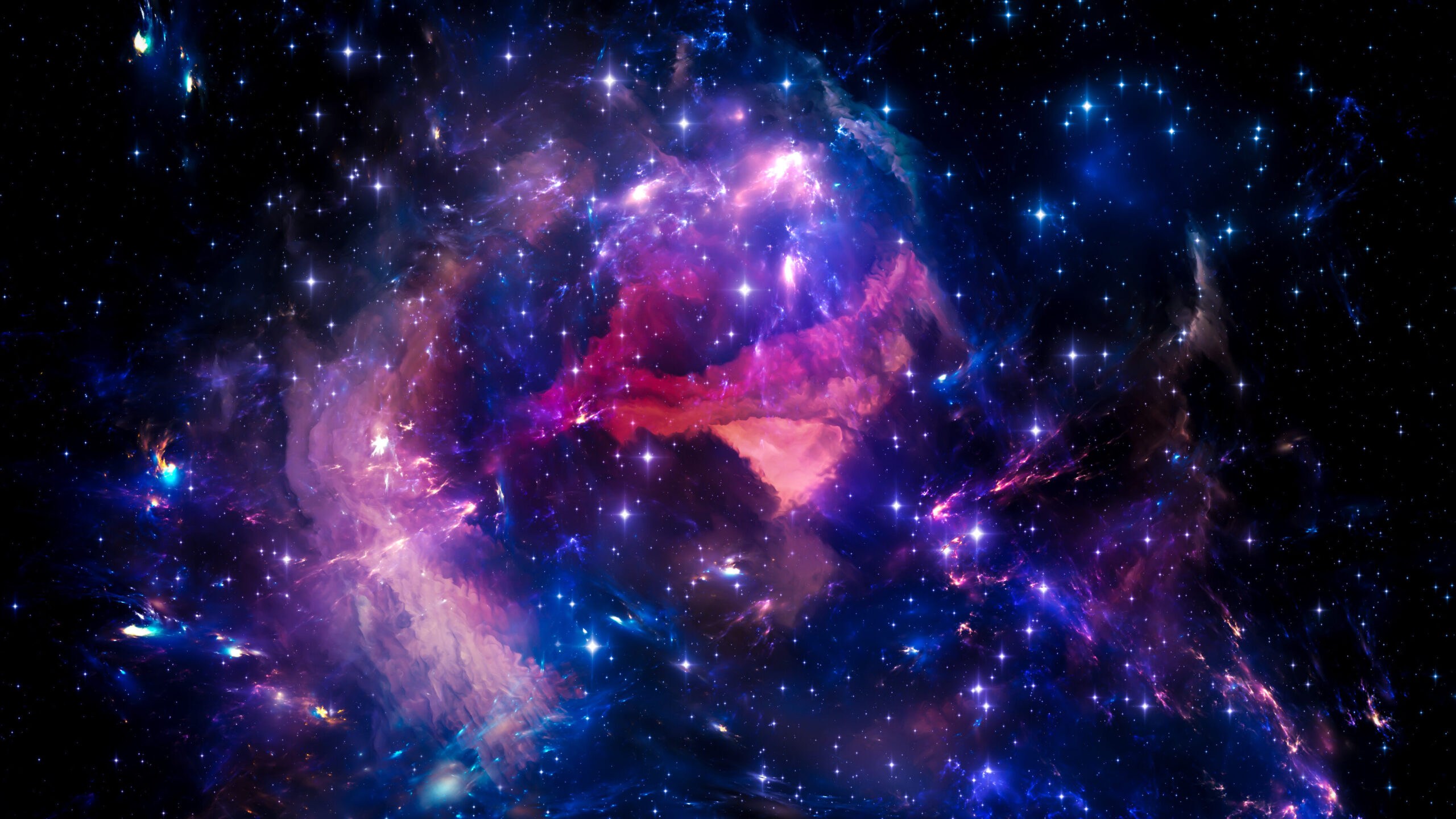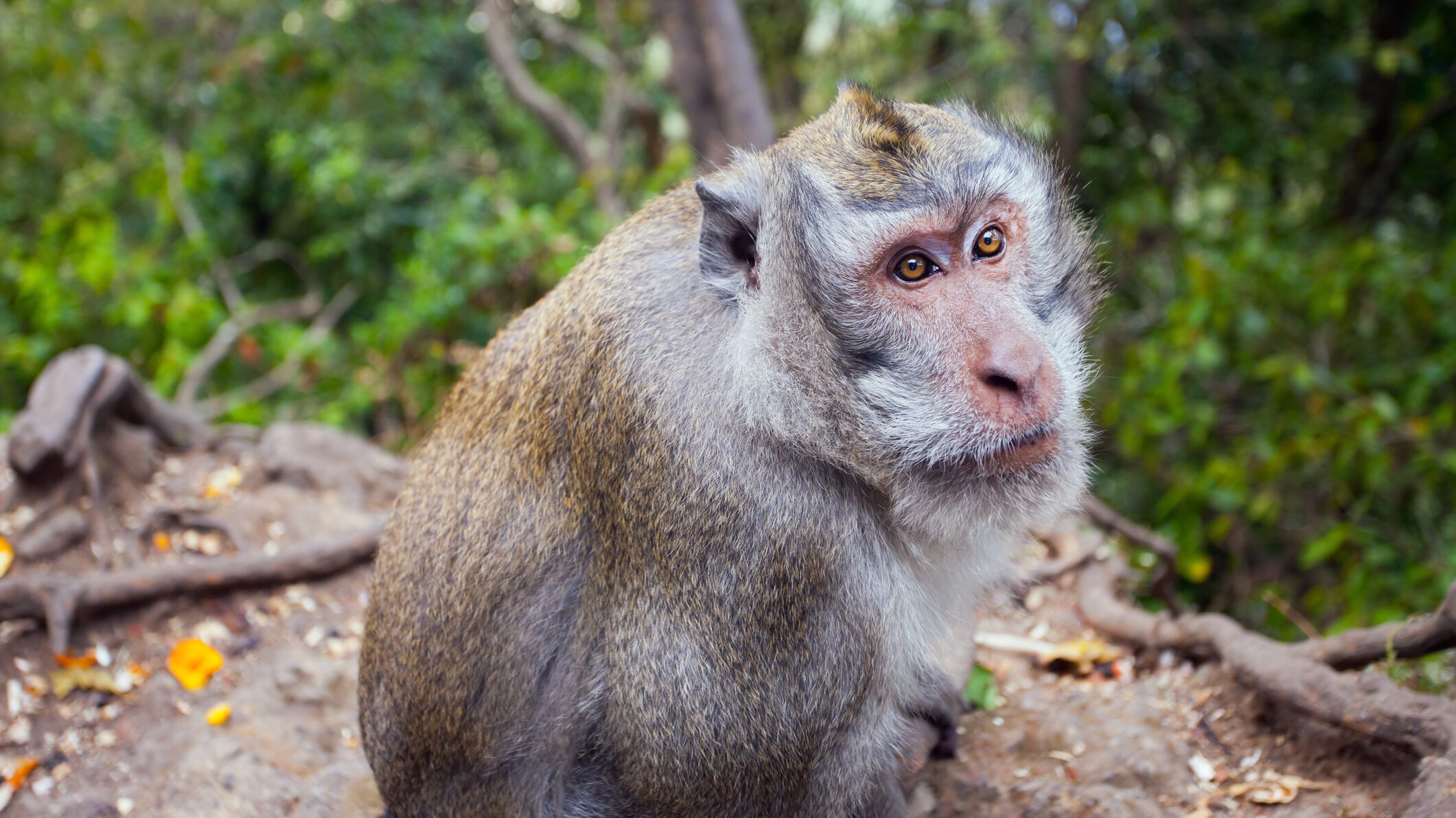
hlādinī-śakti [energy, ability, strength, effort, power that brings pleasure, bliss, happiness]
The Upaniśads tell us that the divine, the soul, the self (ātma) existed even before the universe. Cosmic creation took place when that divine substance expanded into matter in order to create all existing things. The vehicle for that expansion—which is still going on everywhere and at every moment—is energy (śakti).
Energy is not soul, but without energy the soul has no being, no life, no relation, no attraction, no longing, no desire, no zeal. In short: no love. Energy is not the divine itself; it is what brings the divine into being through potency of love.
Continue reading





